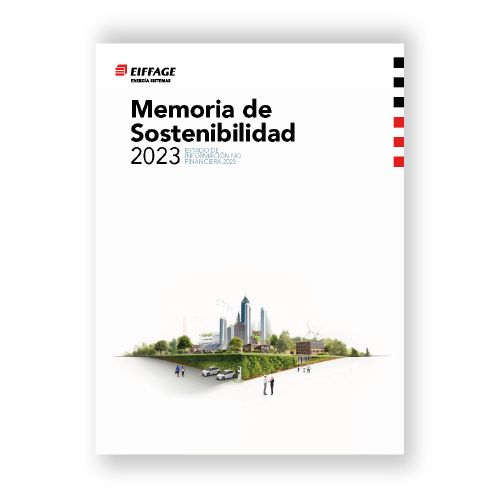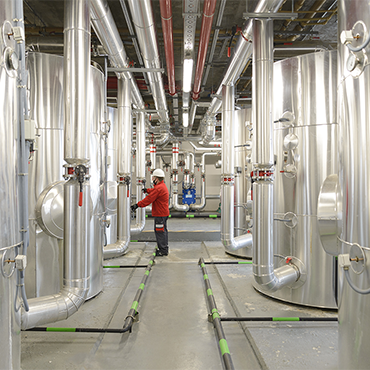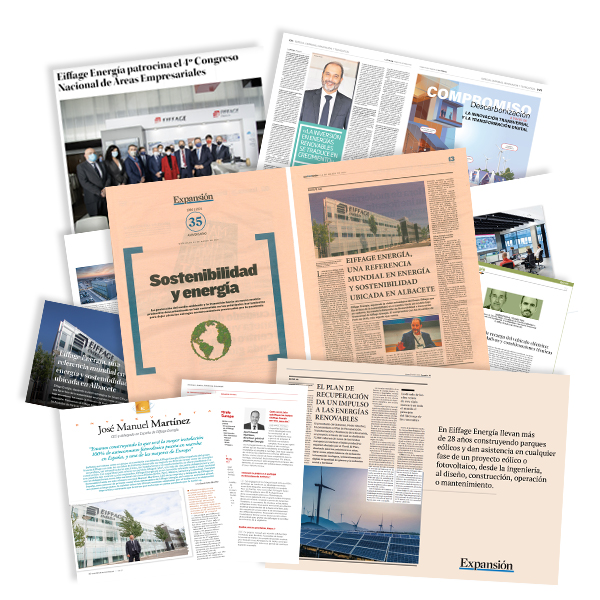November has arrived and with it the changing of the clock. One of the main arguments for this changing of the clock is the supposed energy saving that it produces. Waking up at night for, in theory, to enjoy an afternoon with more daylight hours does not seem to produce significant energy saving.
This fact is supported by a study conducted in Australia, in which it is demonstrated that the energy demand increases in the morning, thus compensating the theoretical reduction of the nocturnal demand.
Street lighting is a good example. In the morning the street lamps are switched off earlier, but in the afternoon they must be switched on much earlier. As far as the industrial sector is concerned, the measure of changing the clock has no effect. This is because, whatever the time zone, the lighting in factories always comes from an artificial source.
At household level, changing light bulbs has a great deal of influence. The transition from incandescent light bulbs to more efficient ones has reduced energy consumption. This has made the energy demand in the home decrease, making virtually irrelevant the theoretical savings produced by the changing of the clock.
But the energy sector is not the only thing that comes into play in putting back the clock. It also has an influence on work. On the one hand, the winter schedule is intended for workers to wake up and there already be daylight on the other side of the window. However, this means that when they leave work it is already night, and, therefore, are not able to enjoy a few hours of daylight in parks and gardens when they arrive home.
This is a fact that should seriously be taken into account, especially for children. By depriving them of light in the evenings, their time to stay and play outside is limited, increasing the demand for content in mobile devices or for television.
Another aspect that is compromised by the changing of the clock is our body. Changing the sleep cycles of our body is something that can take up to weeks, which directly influences our rest and, therefore, our health and performance at work.
Source: Xataka / La Vanguardia



































